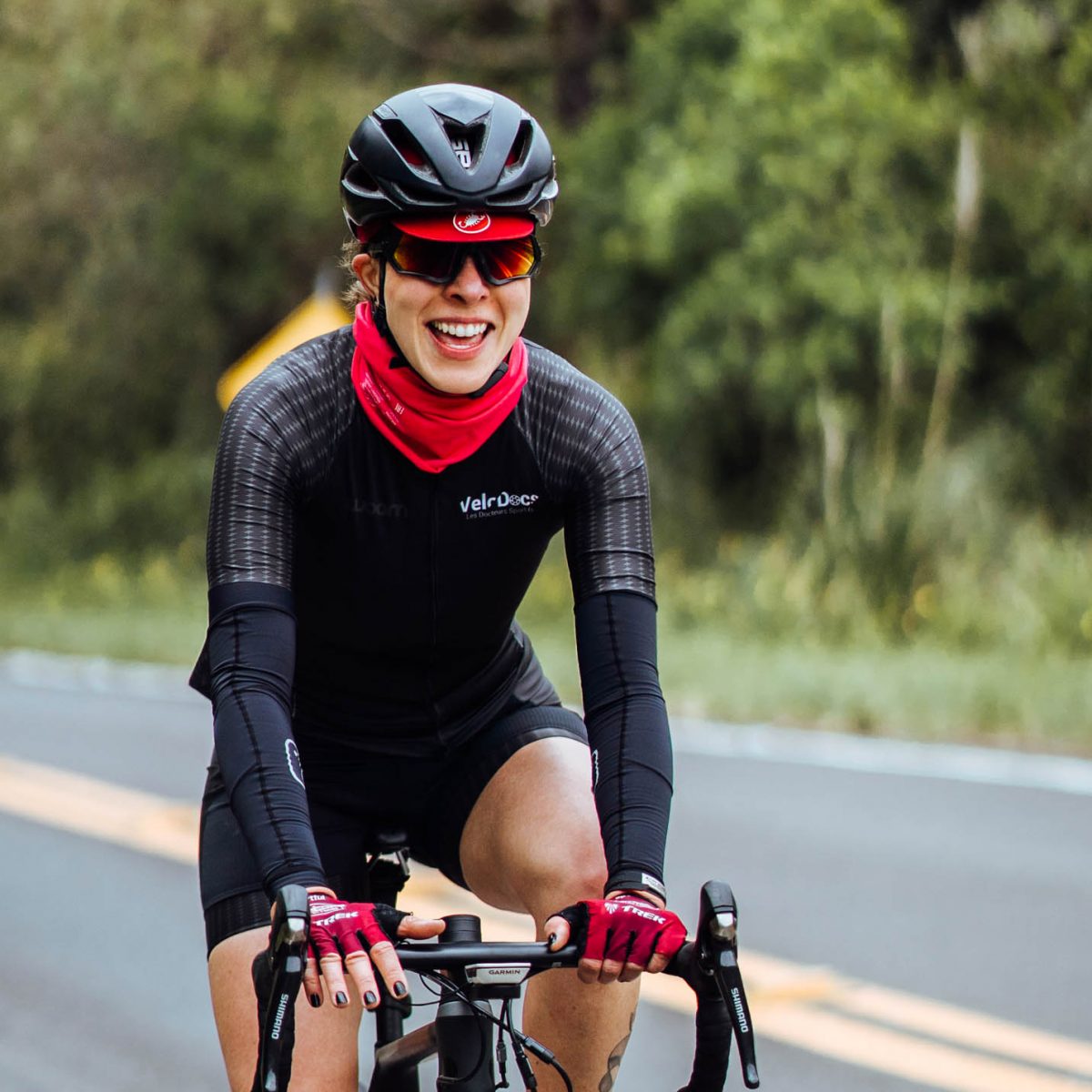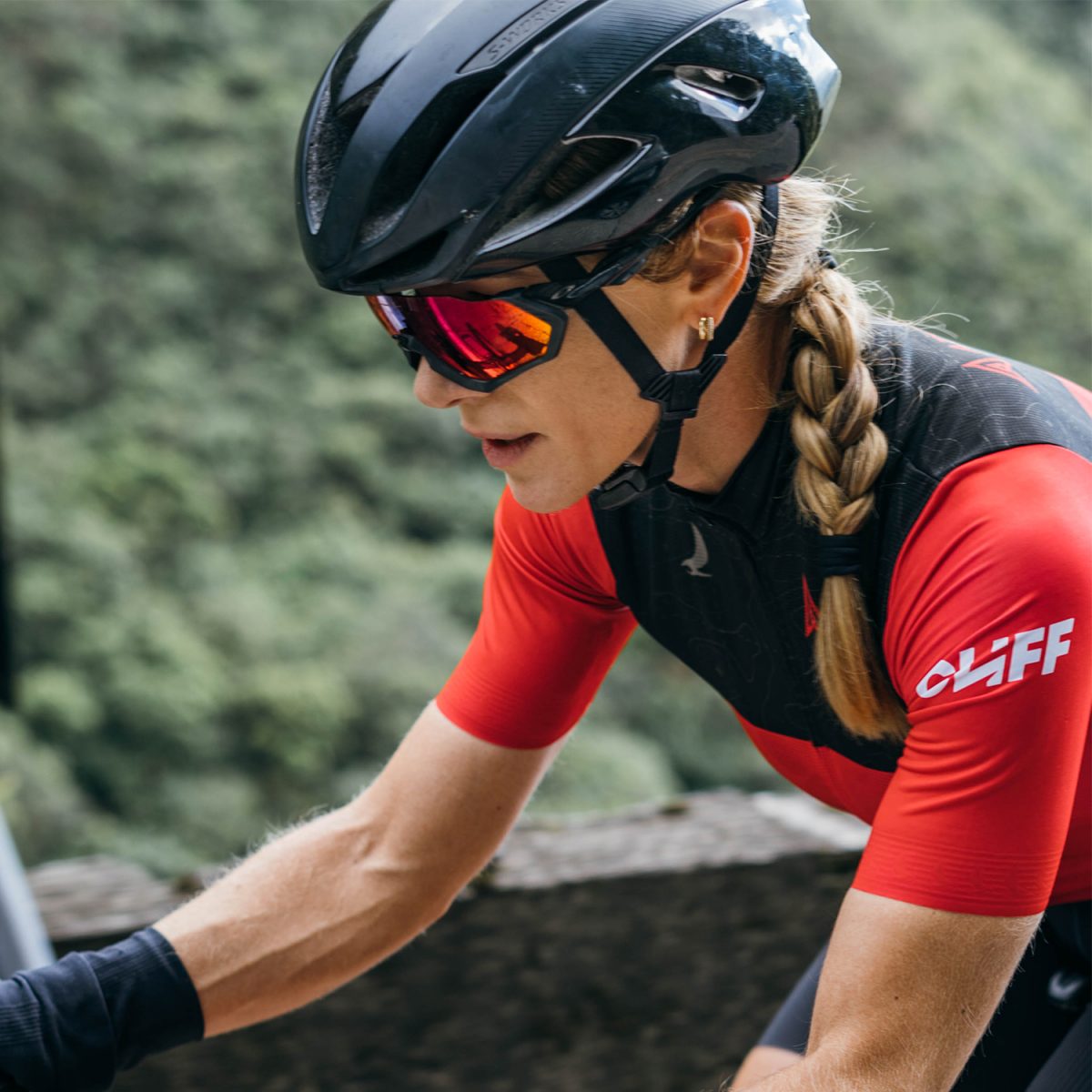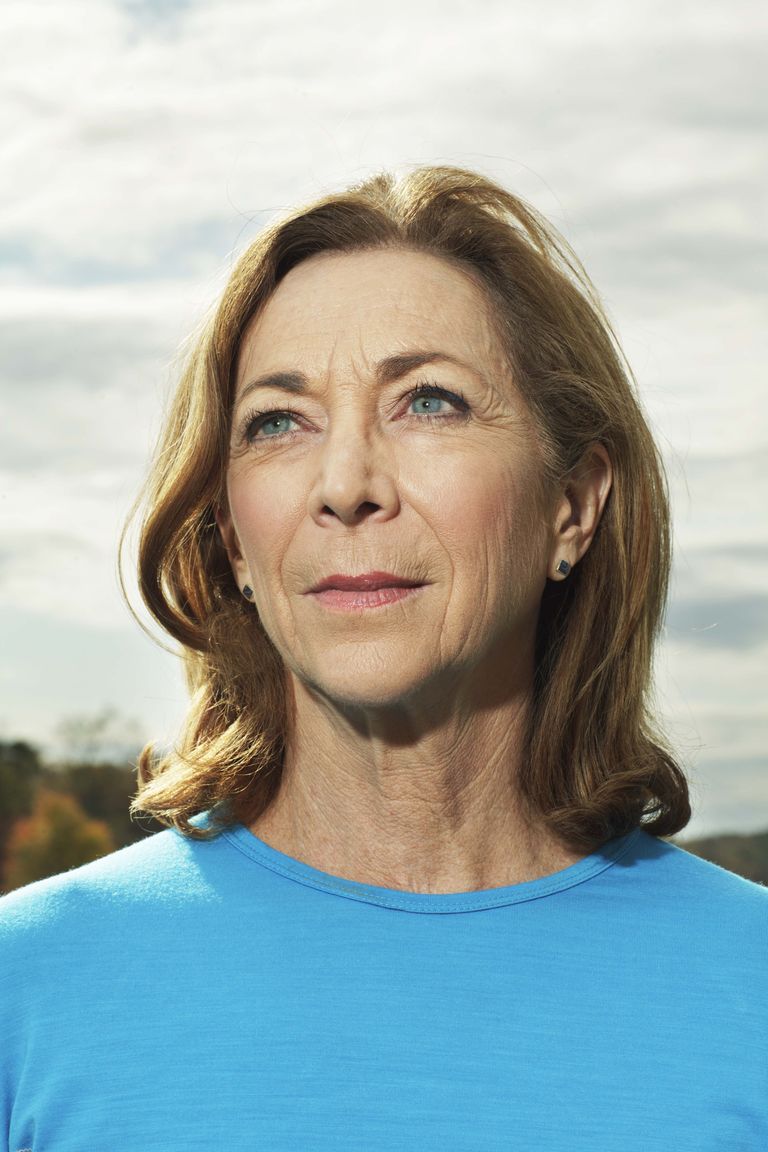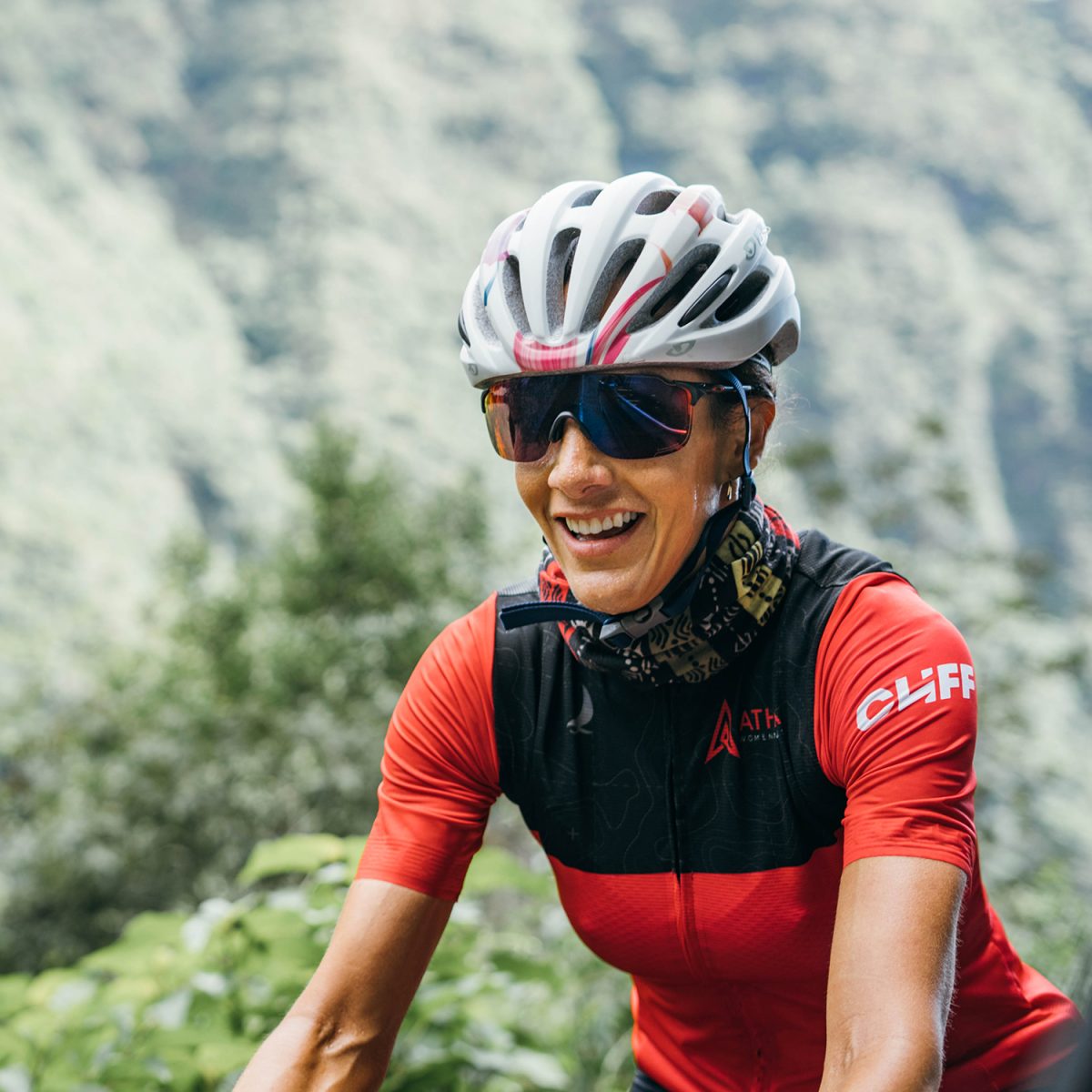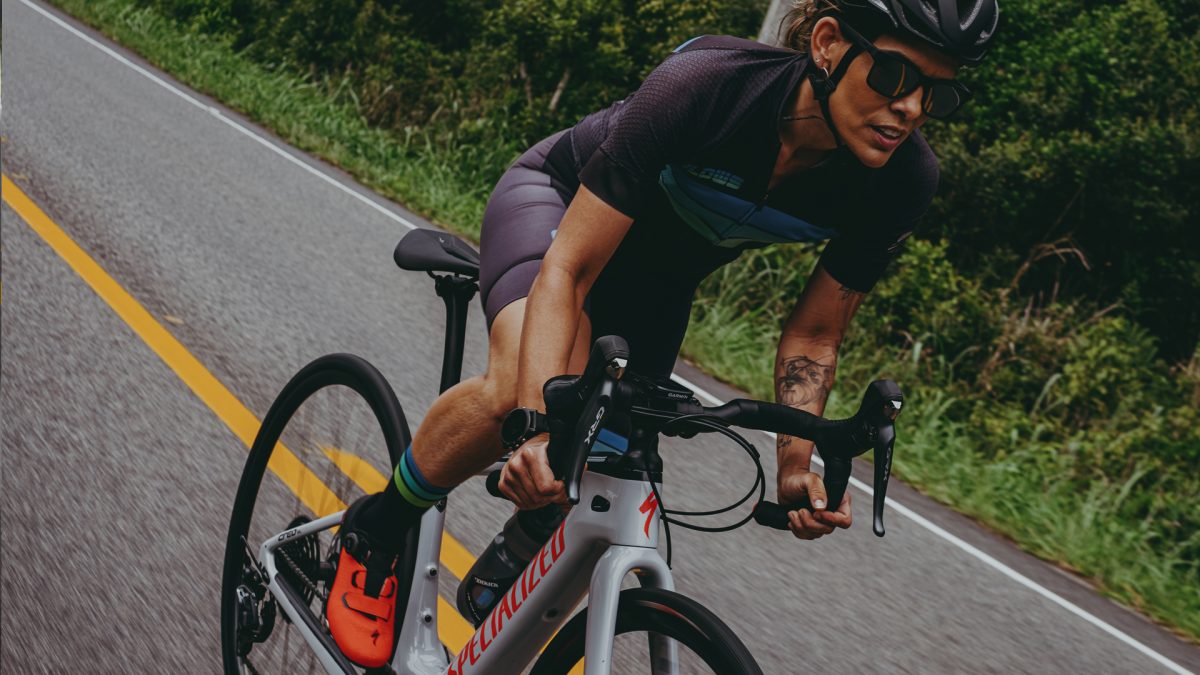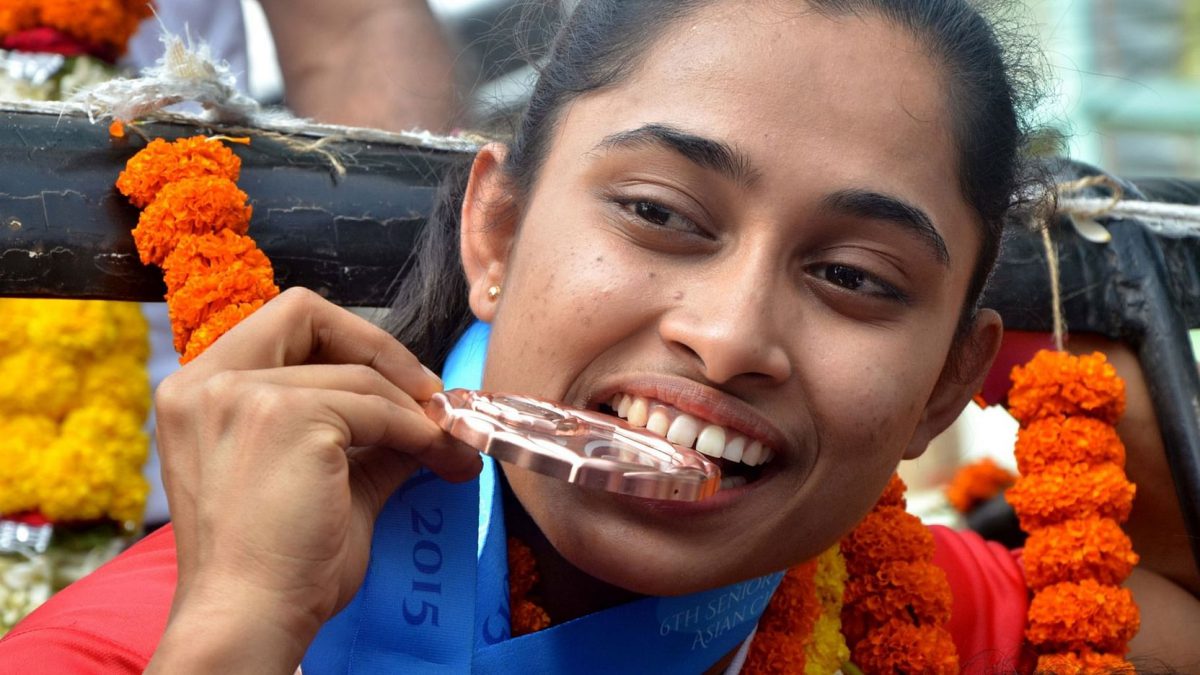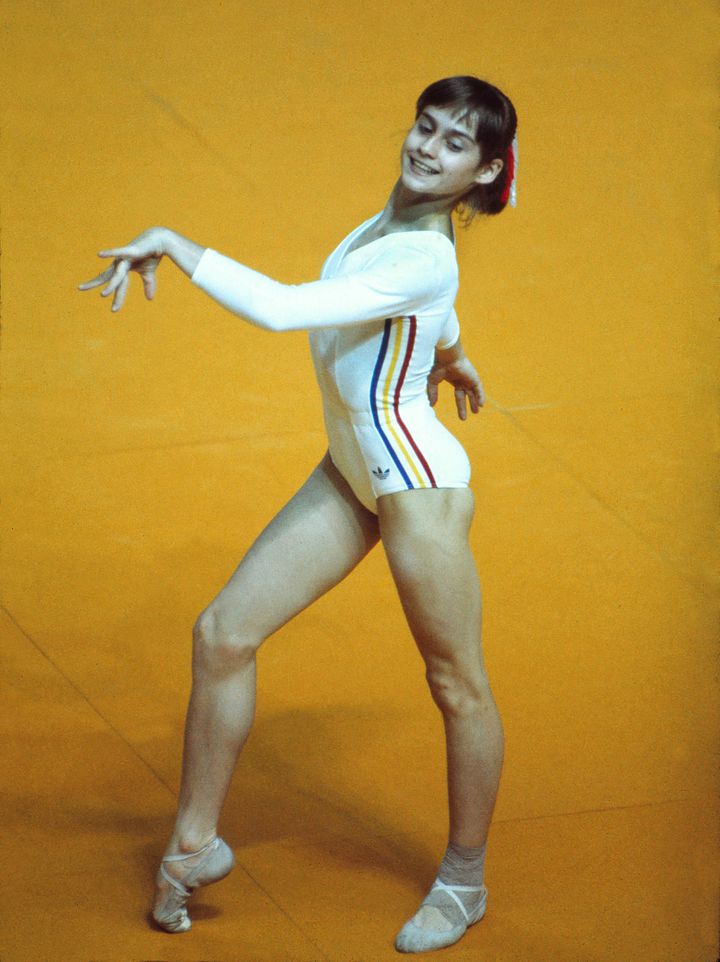On April 19, 1967, 20-year-old Kathrine Switzer (bib number 261) lined up to run the Boston Marathon at a time when women weren’t permitted to compete. At mile two a race official tried to stop her, but Switzer finished in 4:20, making history. She went on to run 39 marathons, winning the New York City Marathon in 1974, and led the campaign to get women official status in distance races. In 2015, she launched 261 Fearless, an initiative that uses running to empower women. We caught up with Switzer to talk more about how female running has changed:
What gave you the confidence that day?I’d been running since I was 12. It gave me such a sense of accomplishment. When I was 19 and training really long for the first time, my coach and I realised that the longer the run, the better I was. I could hold my own against the guys when we went long.
Were you making a point in Boston?I was just a kid who wanted to run her first marathon.
MORE FROM RUNNER’S WORLD
Emma Kirk-Odunubi’s strength for running workout
How has it shaped the course of your life?In the race, I kept wondering why other women didn’t run and then it dawned on me that they were afraid to try because they’d been told all these myths of limitation and believed them. I knew if they were offered an opportunity to try, they would respond. And that is what I decided to do with my life, to try to create opportunities and spread the word.
How did it feel to be back on the Boston start line for the race’s 50th anniversary in 2017?
I was nervous, but also excited. The race wasn’t about a finishing time; it was a celebration, inclusion and gratitude. I was running to say thanks to a race, a city and thousands of wonderful people who have done so much to give strength to women.
What do you love about running?
It gives me everything. Health and fitness, of course, but it also soothes my soul, makes me powerful, creative, fearless, free and grateful. No matter how crappy a day may be, a run makes it all good. Running has also helped ease a lot of the stress of forming 261 Fearless. Like any start-up, a not-for-profit is backbreaking work, and I may not see some of the fruition of this work in my lifetime. Running gives me perspective.
What can running offer to women?
Fearlessness! Most women in the world live in a fearful situation. When you put one foot in front of the other, you get a sense of your own strength. There is a reason running is becoming a women’s sport: not because these women want to be Olympians, but because they want to be free. This empowerment through running has changed millions of women’s lives.
Are women runners discriminated against these days?
The situation is not nearly as bad as it was in the 1960s and 1970s, but it’s a shame it exists at all. However, for thousands of years, women have been regarded as sex objects, and powerful women as threats, so look how far we have come in the last 50 years. This will continue to improve as women continue to run in public and as men become accustomed to seeing them. The hardest thing to overcome is the cultural, religious and social restrictions in many countries. But even this is changing – at the London Olympics all countries were required to have at least one woman on a national team to be allowed to participate. I’m certain running will free many women from these chains. This is what 261 Fearless is all about.
Tell us more about the organisation
Our objective is to create a community of women who can help empower other women. We have a communication network and 261 Fearless runs clubs all over the world, including several starting in the UK. We believe if women can run together in a non-judgmental, non-competitive environment, they will get that sense of empowerment. We also partner events that embrace our ideals and we’ll have a 261 Fearless event next year in China.
What are the main changes you’ve seen in running over the past 50 years?The good:
- The acceptance of women.
- Full running equality in the Olympics.
- Equal prize money.
- The realisation of women’s great ability, and, perhaps, superior potential in endurance running.
- The sports bra (a work in progress, but still…).
- The improvement in running shoes.
- Water stations in races.
- Groups like Parkrun, where you can just show up and take part.
The bad:
- Drugs. The biggest scourge in our sport.
- Many races are so big you can’t even find space to run. And small races struggle to be taken seriously.
- The price of race entries. With travel and accommodation it means you have to be wealthy to participate. This divides the running community.
- The decline in local track and field. The officials are all 90 years old – so few young people volunteer.
- The loss of a sense of community as a result of fewer club competitions. It’s just ‘show up and wave your barcode’.
